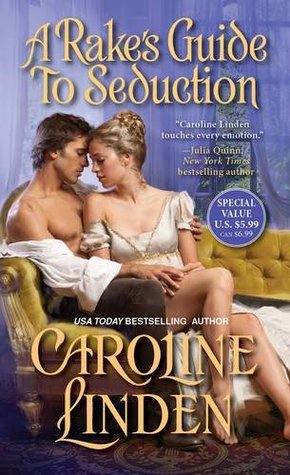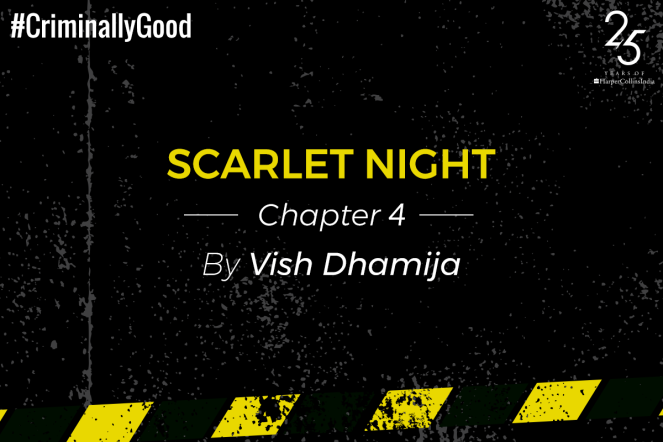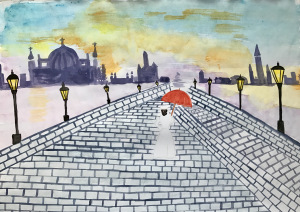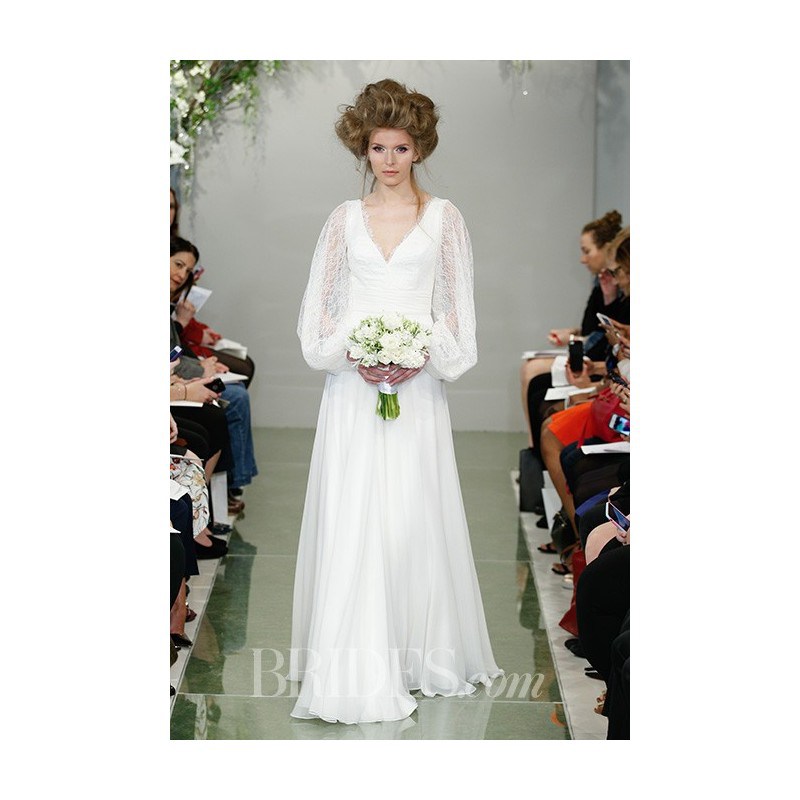
Anthony Hamilton is the most scandalous man in London, a gambler, a fortune hunter, an infamous rake. Celia Reece is sure he’s never had one thought of her, except as his friend David’s younger sister. Who would ever guess she’s the only woman he’s ever loved—and can never have…
A Rake’s Guide to Seduction by Caroline Linden
This is a repost of a review from a few years ago. Recently I received a review copy of A Rake’s Guide to Seduction (I know, the title is painful!), and I thought it sounded familiar. It’s actually a rerelease of a book from 2008.
This is a five-star read for me, so… I recommend it!
My old review:
What’s with the ridiculous way historical romance is marketed? This book isn’t about a “guide to seduction”. I question whether it’s even about a rake!
In all the years he had known her, he had never once touched her except very properly on the hand, on the elbow, and once on the back, when he had helped her into a carriage.
Caroline Linden is one of my favourite authors in this genre because she is one of the few who actually captures what life was like back in the Georgian/Regency eras. There’re very few who can do what she does (Madeline Hunter being another), working with the social rules of the time to create conflict and romance rather than throwing it all away and writing a contemporary story in pretty dresses.
This is the third book in a trilogy and I’ve not read the other two yet (but I certainly will). A Rake’s Guide to Seduction is about growing up and changing and losing your silly childish dreams. There’re so many wonderful references to the realities of upper class marriages of the times. I know readers who prefer anachronistic fluff have criticised the book for the more serious tone, but I can’t read anachronistic fluff, so I loved it.
The more time she spent with Jane, Mary and Louisa, the more she realised her marriage had not been the only one made on short acquaintance and uncertain affection. Louisa liked being a viscountess, but otherwise had little fondness for Lord Elton. Mary’s marriage had been arranged by her parents, and she made no secret of being resenting being treated like a child by her elderly husband.
The attitudes to physical contact between the genders is also much closer to how it would have been – making the anticipation much better.
Celia sat beside him on the sofa, where he could touch her hand discreetly from time to time to make her cheeks turn pink.
Our hero, Anthony Hamilton, misses the boat by only moments at the start of the story. He has just made up his mind to ask permission to court our heroine, Celia Reece, when her engagement to another man is announced. Things don’t work out the way anybody planned, and when we catch up with Celia again she is isolated, disillusioned, depressed and widowed. Her family plans a house party to try and bring her back to herself, fearing for her life. Our hero is only a rake in name; his reputation has been built by the cruelty of the gossips.
Depressing plot? Well, no, actually. Things change and our now more mature heroine learns what true love is as she grows and changes. I was so happy to have some real evolution for both main characters. I was thrilled that all the social restrictions of the time were shown more realistically. I loved the whole concept of the book.
Another great thing about this one was the subtle secondary romance involving “older” characters. Remembering how young everyone married and reproduced in the past, I don’t see why we couldn’t have more romances like this one. After all, these “older” characters would be considered pretty young these days!
I was also overjoyed that this heroine seemed to love the colour blue as much as I do!
There’re very few complaints I have about the characters’ actions in this one (though why US editors insist on including the term gotten nonstop in their historical romances is beyond me). There were the usual niggles: only in American English will you hear anyone calling autumn fall, or saying write me.
This is a brilliant author with a firm grasp of the past. I wish there were more like her.
Advertisements Share this:




